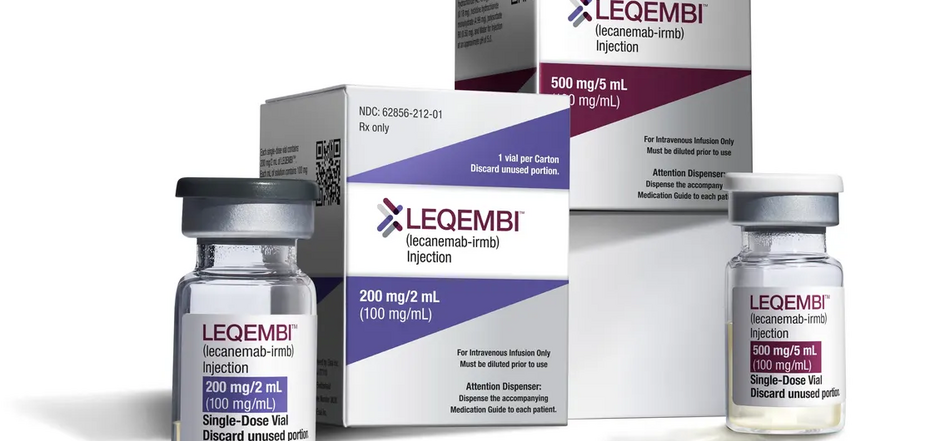Life
Expensive and ineffective: US approves Alzheimer's drug
Lecembi is a new word in the therapy of Alzheimer's disease. The US government has finally approved the scandalous drug against Alzheimer's disease. The drug has become the first antibody-based drug to pass the traditional FDA approval procedure.
Despite the fact that the drug caused a storm of emotions and controversy in scientific circles, it was legally approved. At the same time, a number of researchers and doctors consider the decision premature, arguing that the drug has dangerous side effects, low efficacy and is expensive.
Is truth born in controversy? Lecembi pros and cons
It is known that one of the main manifestations of Alzheimer's disease is the accumulation of pathological beta-amyloid protein in the brain, which causes cognitive impairment in patients. The new drug based on monoclonal antibodies reduces the amount of harmful protein in the brain. According to doctors and developers of the drug, this should affect the improvement of mental abilities in patients.
In January 2023, the FDA gave preliminary approval of the drug, which caused discussion among doctors and researchers.
The procedure of accelerated approval is undergone by experimental drugs against serious diseases that have no alternative treatment. Then the approval is reviewed and final approval is granted only when more convincing results of clinical trials are obtained.
The final approval of Lecembi by the US government has provoked a scandal in scientific circles once again. Many doctors and scientists consider the drug to be ineffective, dangerous and too expensive.
The presence of dangerous side effects, such as haemorrhage and cerebral edema, is used as an argument. Another significant disadvantage of the drug is its price. It will cost Americans $26,500 a year.
Why was Lecambi reapproved?
Despite the debate and controversy, the drug was successfully tested on 1,795 patients. People with Alzheimer's disease took the medication every 2 weeks for 1.5 years.
Clinical trials showed that the drug reduces the amount of the "harmful protein" beta-amyloid in the brain, significantly slowing down the deterioration of mental abilities.
This became a strong argument for the FDA to finally authorise Lecembi under the traditional procedure. Now doctors are free to use the medication in the therapy of Alzheimer's disease. As for the price of the drug, not all Americans will have to shell out $26,500 for the treatment. Medicare health insurance service will cover 80% of the annual cost of treatment of the elderly.
We note that in addition to Lecembi, scientists are now testing other monoclonal antibodies against Alzheimer's disease. For example, recent studies have shown that donanemab antibodies from the American company Eli Lilly slowed down the progression of dementia in patients with Alzheimer's disease by 30%. Will this drug spark the same heated debate?



























